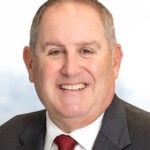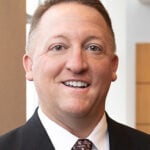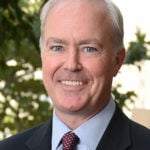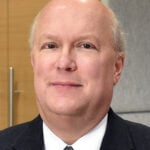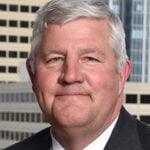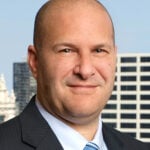News
Medical and Dental Groups
The number of physicians and dentists actively practicing in their professions has continued to rise steadily, though it is now more common than ever for these professionals to be practicing as employees of hospitals, health systems or larger group practices or management services/staffing companies. Medical and dental practices face mounting challenges, such as increasing pressure to consolidate and/or integrate with hospitals and health systems, electronic health records system and other health information technology requirements, contracting with clinically-integrated networks and “narrow” networks, and increasing restrictions and oversight regarding opioid prescribing.
Taft attorneys have extensive experience working with medical practices of varying specialties and varying sizes — from solo practitioners to academic medical center-based groups numbering in the many hundreds of providers. We understand that what works for one practice may not work for another.
Our attorneys have experience working both for physicians and medical practices, as well as for hospitals and health systems. Therefore, we understand the issues confronting both sides, and this understanding guides us as we advise our physician clients with respect to their interactions with institutional health care providers. Furthermore, Taft attorneys who practice in the Health Care and Life Sciences industry cover numerous different practice disciplines that mirror the varied legal needs of medical practices.
Related Industries
Notable Matters
We provide the following services for our clients in the medical and dental groups industry:
- Represent licensed providers in connection with state licensure and disciplinary matters.
- Negotiate mergers and acquisitions of physician practices.
- Negotiate clinical co-management, medical director, call coverage and other administrative and clinical services arrangements between physicians and hospitals and other health care facilities.
- Provide representation with respect to interactions with pharmaceutical and medical device companies.
- Structure physician compensation programs.
- Give advice and guidance on fraud and abuse, Anti-Kickback and Stark Law compliance.
- Advise on billing compliance, payor audits and reporting of overpayments.
- Advise on HIPAA, HITECH and other patient privacy and security regulations.
- Represent health care providers before local, state and federal regulatory agencies.
News
Kaplan Co-Authors Article forVenue Lifestyle & Event Guide on IRA's Law Bulletins
Paid Speaking May Be Risky: OIG Issues Special Fraud Alert Relating to Speaker Programs Law Bulletins
Eligibility Clarifications for CARES Act Provider Relief Fund – Phase 3 General Distribution Law Bulletins
CMS Offers Providers and Suppliers Some Breathing Room on Accelerated and Advance Payment Recoupment Law Bulletins
CARES Act Provider Relief Fund – Phase 3 General Distribution Law Bulletins
New Guidance Regarding Reporting Requirements for HHS Provider Relief Fund Payments
